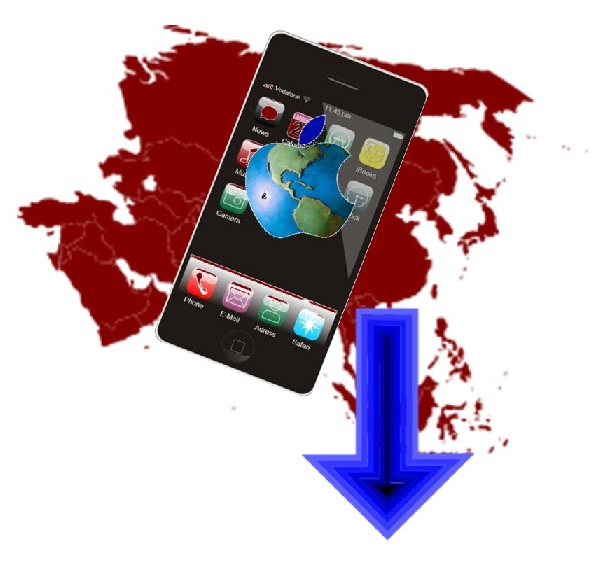 Consumer fatigue threatens Apple in Asia
Consumer fatigue threatens Apple in Asia
The iPhone continues to be a rampaging success in the U.S. and European markets, but fatigue may be setting in for those in the Asian market. Some of Asia’s most influential cities are beginning to show signs of iPhone fatigue, especially as a new generation of consumers, who have grown up steeped in technology, begin to show less interest in the popular mobile device. Consumers in both Singapore and Hong Kong are beginning to look for alternatives to Apple, which may have a dramatic impact on the company’s future.
Apple continues focus on mobile world
Apple has seen remarkable success in its mobile ventures and has adopted a very strict focus on the mobile world in general. The introduction of the iPhone solidified the company’s hold on the mobile space. As the years have gone by, the company has introduced several new iterations of the iPhone, each featuring new technology and services that Apple believed to be ideal for consumers. The company has also entered into the tablet market with the iPad, a venture that has also proven to be rampantly successful.
Market share dropping quickly in Singapore
While Apple has enjoyed the worldwide success of its various mobile products, its grasp on the Asian market is beginning to loosen. This is due to a number of factors, including iPhone fatigue, and the desire that many consumers are showing for other brands, particularly those from Samsung. According to StatCounter, a traffic measuring service that collects data from more than 3 million websites, Apple’s share of mobile devices in Singapore dropped significantly in 2012. StatCounter shows that in this month alone, Apple’s market share dropped by 50%.
Consumers in Hong Kong and elsewhere show favor for Android
Similar results are being seen in Hong Kong. Approximately 30% of all mobile devices therein come from Apple. In both markets, the Android platform is picking up much of the slack. This may be due to the fact that some of the latest Android devices include NFC technology, which allows for a wide range of new services, including mobile commerce, that are absent from t he iOS platform.
 Fujitsu takes on the growing problem of mobile security
Fujitsu takes on the growing problem of mobile security
Mobile security has become a major issue for consumers all over the world. As more people engage in things like mobile commerce and mobile marketing, they are becoming prime targets for hackers and malicious groups bent on exploiting financial and personal information. To combat the growing concerns that are emerging in the mobile security world, new solutions are being developed and released at a rapid pace. Fujitsu Laboratories, a leading developer of IT products and services, is one of the companies responsible for a new generation of mobile security solutions.
New security platform in development
Fujitsu has announced the development of a new security platform for smart phones, called the Mobile Enterprise Application Platform. The platform is being designed specifically to protect corporate data, but may eventually become a widely used tool throughout the mobile market. One of the things that has garnered Fujitsu’s new platform a great deal of attention is the fact that it is HTML 5-based. The platform also incorporates cloud computing, creating what Fujitsu believes to be a highly secure system.
Platform provides access to HTML 5 applications
The platform connects a smart phone to a cloud-based computer server, which provides users with access to a wide variety of corporate applications, such as email, sales databases, and customer information, all as HTML 5 applications. These applications are available for all smart phones because they are based on HTML 5 rather than the programming languages exclusive to the iOS and Android platforms. The cloud network encrypts the information that users access, thereby creating an extra layer of security.
Cloud network protected by strict security features
The platform also imposes a variety of security measures on a mobile device while it is connected to the cloud network. When a device makes the connection, for example, the platform will deactivate the device’s camera and prohibit a user from taking pictures of the screen through their device’s internal services. The platform also restricts Internet access to avoid the possibility of visiting malicious websites or downloading malware. Once the connection with the cloud network is severed, however, the device becomes from off these restrictions.
 Consumer fatigue threatens Apple in Asia
Consumer fatigue threatens Apple in Asia
 Fujitsu takes on the growing problem of mobile security
Fujitsu takes on the growing problem of mobile security